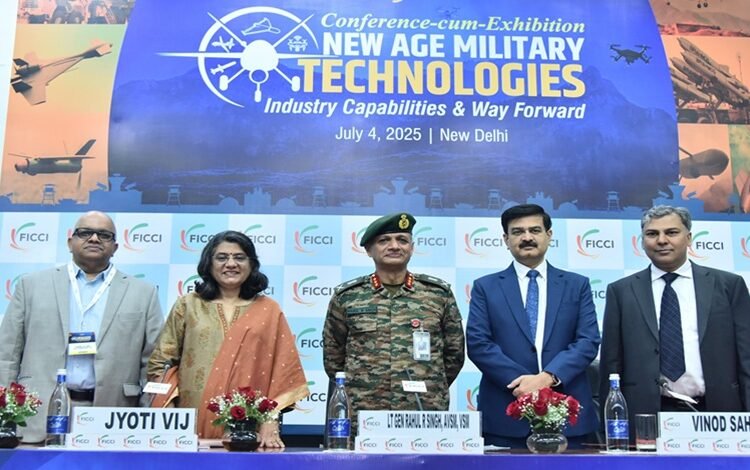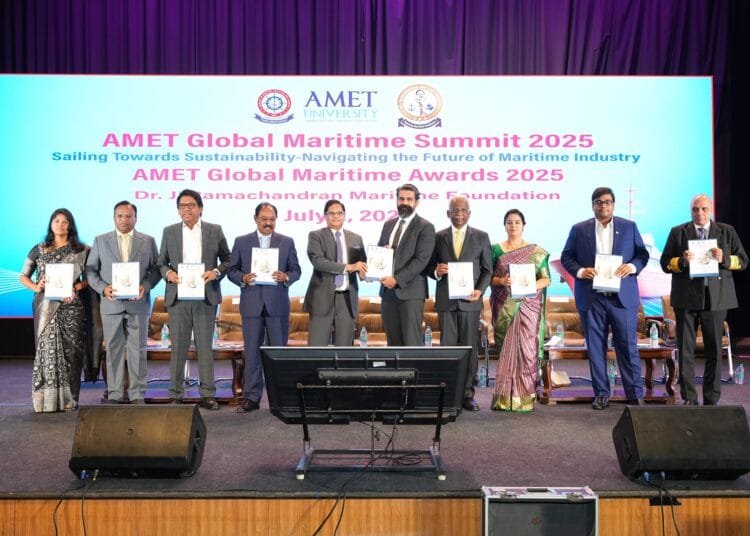Koreans urged to venture ambitiously into Indian market.
South Korean businesses need to show more ambitious will and desire to venture into the Indian market, said Dilip Sundaram, chairman of the Indian Chamber of Commerce in Korea.
He called the Korean businesses need to show more “yamang” (the Korean word for ambition, will) in addition to “somang” (desire) for the Indian market.
“Korean companies have somang (desire), but not yamang (ambition, will),” the Korea Times quoted Sundaram as saying.
“Every time I meet people interested in India, ultimately Koreans choose to go to China,” he said in the Korean daily report on 10 May, 2017.
“Also, Korean culture is such that they want to do business with friends, so they are very focused on building relationships and I think it is easier for Korean people to build relationships with Chinese rather than Indians,” said Sundaram who also heads Mahindra Korea which owns Ssangyong Motor.
Sundaram said it may be difficult for Korean businessmen to sometimes correctly grasp the nuances in Indian speech, among other things.
As ties between Korea and India remain extremely cordial, Sundaram has stressed the merits of investing in and doing business with India.
“First and foremost, India is the fastest-growing economy in the world today at 7.5 percent growth, and second is that India has the largest middle class (around 300 million to 450 million), which means tremendous market potential,” he said.
Sundaram also added that India at federal and state levels provides the best investment incentives, and most importantly, the success stories of Korean companies such as Hyundai that has the second-highest market share in India and the dominance of Samsung and LG should all point to more Korean firms advancing into the Indian market.
The recent announcement of Kia Motors to build its first production plant in Andhra Pradesh, Sundaram noted, is a positive endorsement of Indian Prime Minister Narendra Modi’s “Make in India” strategy, and something that Korea should take more advantage of.
Another such endorsement is the two countries signing a memorandum of understanding in April to cooperate in shipbuilding for military use.
Sundaram said he hopes the new Korean government puts Delhi-Seoul bilateral ties high on the priority list. (President Moon Jae-in was elected on 9 May and started working on 10 May, leading the new government in Seoul.)
The two countries in 2015 upgraded their ties to “Special Strategic Partnership,” and back in 2010 launched a Comprehensive Economic Partnership Agreement (CEPA), which will continue to be upgraded.
Mahindra acquired Ssangyong Motor in 2011. This February, the company posted a profit for the first time in nine years: 58.1 billion won in 2016, up from a loss of 61.9 billion won. Korea’s third-largest SUV maker unveiled its new car, the G4 Rexton, the pre-sales orders of which stood at 3,500 as of April 14.
Sundaram wants to further serve a positive role in enabling other businesses of the Mahindra Group to come to Korea and more bilateral exchanges between Korea and India in such sectors as shipping, defense and services.
Among recent cooperation is Korea’s Kangnam Corporation, which will help Goa Shipyard Limited build 12 mine countermeasure vessels for US$5.5 billion.
“India is trying to upgrade its shipping industry,” he told the Korea Times.
Sundaram explained that India needs help not only in shipbuilding but in other ancillary manufacturing for example as in marine engineering and ship repair. fii-news.com










